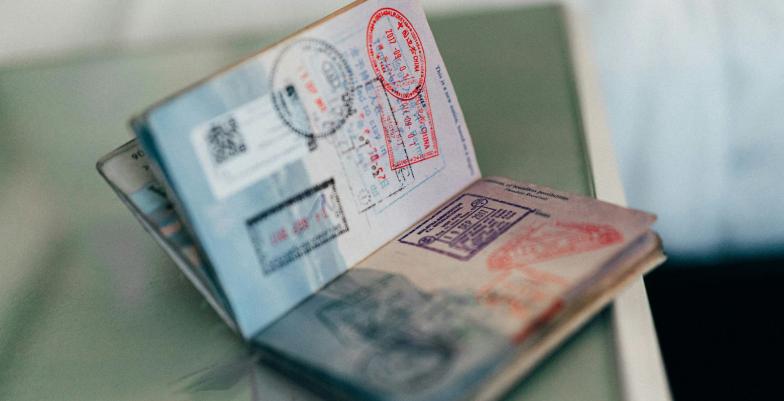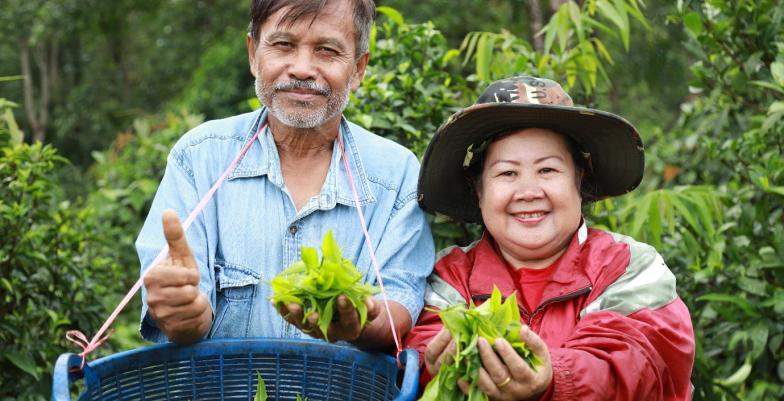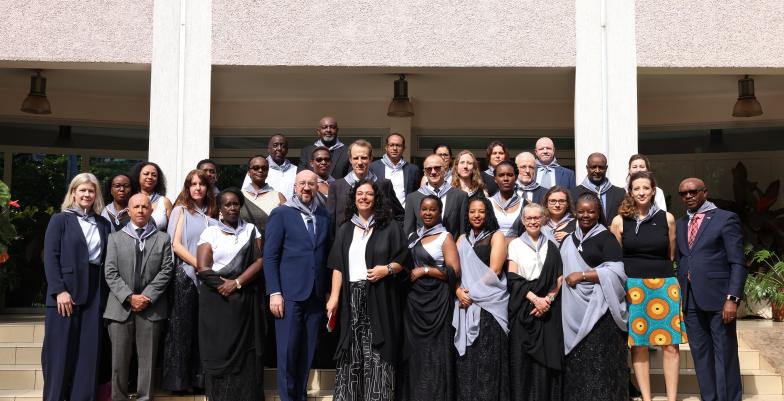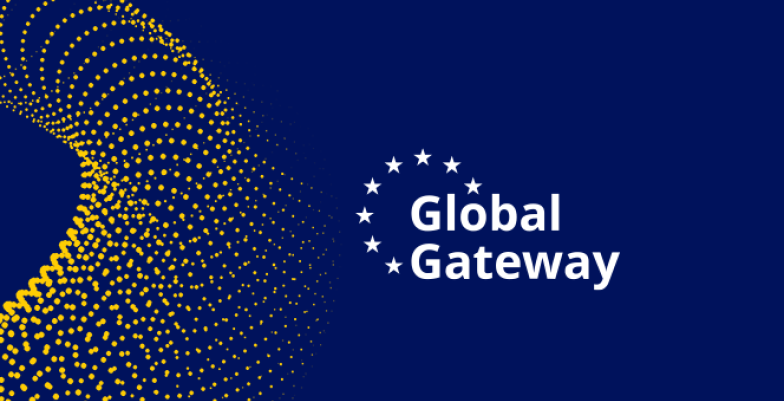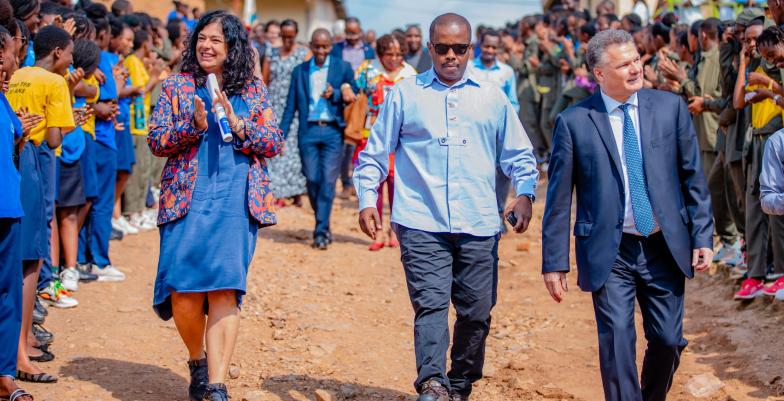RELATIONS WITH RWANDA
The European Union and Rwanda
On This Page
Political Relations
Political relations between the European Union and Rwanda have been developing steadily since the independence of Rwanda in 1962, establishment of the presence of the European Union in Rwanda in the mid-1980s and formalisation of the relations in 1991 with the signature of an "accord de siege" with the Rwandan Government.
The EU’s joint foreign and security policy, manifested in the EU's Global Strategy is designed preserve peace, strengthen international security, promote international cooperation as well as to develop and consolidate democracy, rule of law and respect for human rights and fundamental freedoms. The strategy ensures the credibility, responsiveness and coherence of the Union, in particular, by joining up EU and Member States' external policies, in areas such as trade, development cooperation, humanitarian aid, or migration.
The EU and Rwanda share interests and policy priorities in keeping peace and security in the region, in particular, the African Great Lakes region, but also more broadly on the continent, and jointly cooperate in a number of missions (e.g. Central Africa) and initiatives (Emergency Transfer mechanism for refugees evacuated from Libyan camps). Through political dialogue, the possibility of cooperation and coordination of approaches on multilateral matters, such as climate diplomacy, international migration or the international trading rules is pursued.
Political relations between the EU and Rwanda are part of a broader EU – Africa partnership anchored in the Joint Africa-EU Strategy adopted by Heads of State and Government at the second EU-Africa Summit in 2007. During the 5th AU-EU Summit on 29-30 November 2017 in Abidjan, Côte d'Ivoire, EU and African leaders adopted a Joint Declaration on 'Investing in Youth for Accelerated Inclusive Growth and Sustainable Development' - external link(link is external). Following up on this, the former President of the EU Commission J.C. Juncker announced a new Africa-Europe Alliance for Sustainable Investment and Jobs in his State of the Union Address on 12 September 2018, proposing to
- boost strategic investment and strengthening the role of the private sector to create jobs
- invest in people by investing in education and skills
- strengthen business environment and investment climate
- tap the full potential of economic integration and trade.
While initially the focus has been primarily on development cooperation, the signature of the ACP - EU Partnership Cotonou Agreement in 2000, created space for broadening of bilateral relations also to political, economic and trade areas through the establishment of a platform for regular political dialogue as well as other types of formal and informal consultations. Nearing the expiry of the Cotonou Agreement, the Post Cotonou negotiations on a new EU/Africa-Caribbean-Pacific Partnership Agreement concluded on 15 April 2021. Relations between the EU and Rwanda will in future be framed by the new EU-OACPS Partnership Agreement.
Development Cooperation
The EU's main objectives in its partnership with Rwanda are:
- Supporting Rwanda's implementation of its national development strategy Vision 2050 and progress towards the sustainable development goals;
- Strengthening rule of law, accountability, and human rights, the development of civil society and supporting the reconciliation process in Rwanda;
- Improving economic governance and business climate to help developing trade and investment opportunities;
- Working with Rwanda to address global and continental challenges, such as peace and security, migration or climate change, including through cooperation in multilateral fora.
The EU development cooperation with Rwanda is framed in the 2021 - 2027 Multiannual Indicative Programme (MIP) for Rwanda, which outlines main priority areas for development cooperation in the country for seven years, while financial allocations for the initial period 2021-2024 period are set at EUR 260 million. The three main areas identified jointly with the Government of Rwanda are:
- Education, Skills and Jobs for the Youth, which aims to enhance levels of human capital to ensure a well-educated and highly skilled workforce that can contribute to the government’s vision of diversifying the economy towards high productivity knowledge-based sectors, focusing particularly on health and hospitality.
- A Green Deal for Inclusive Development, which is to support in parallel rural development and transformation of agriculture to a more market-driven value-creating sector, with better linkages to urban markets, and at the same time harnessing the opportunities of urbanisation and digital investments, particularly in secondary cities.
- Political and Economic Governance, with aim to consolidate good governance and justice as building blocks for socioeconomic transformation, and at the same time support more effective economic governance and investment promotion. In line with EU core values and principles, the focus will remain also on strengthening of public accountability and democratic governance, development of vibrant civil society and respect for human rights.
The EU has made the commitment that at least 85 % of new actions have gender equality as a principal or a significant objective, as defined by the gender equality policy marker of the OECD Development Assistance Committee and that at least 5 % of those actions should have gender equality and women’s and girls’ rights and empowerment as a principal objective.
The EU development assistance will be implemented through various modalities, including sector budget support programmes, technical assistance or project grants to civil society. In parallel, Rwanda also has access to EU regional funds as well as thematic and global budget lines for support of research and innovation, education, training, youth and sport, human rights, and others. Finally, Rwanda benefits from support of EU member states, including in the context of joint TeamEurope initiatives.



